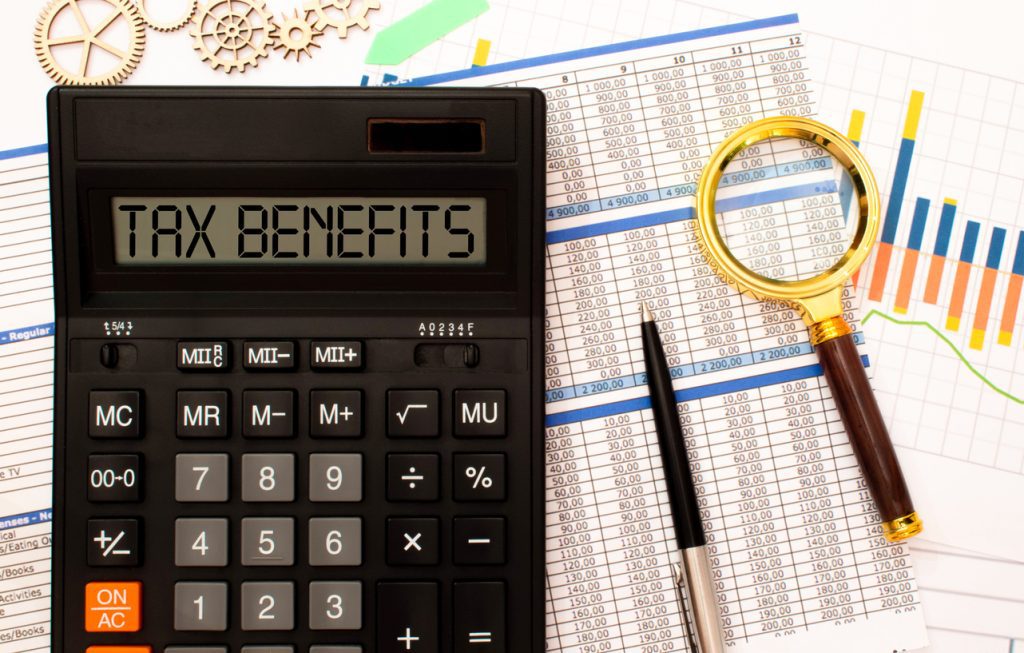Going Cashless: Is this the end of the banknote?
By Andrew Dunbar | 09/04/2019

Australians are using less and less 'real money' in every facet of life; from the supermarket checkout to public transport and even the church collection plate. And while cashless payment once meant getting out the debit or credit card, today it often means getting out the mobile phone. With the rise of apps like Apple Pay and Samsung Pay, it seems like the move to a completely cashless society is accelerating. But are we actually witnessing the end of the banknote? And what impact will that have?
In my opinion, physical cash still has a place in Australia, if a reduced one. The statistics show that cash usage is waning; Australians went to the ATM an average of 40 times a year in 2010, and only 25 times by 2018. But that means we are still withdrawing money around two times a month, a sign that we may not be ready for a completely cashless lifestyle. Even countries like Sweden, who are leading the charge, still have some need for physical currency, so it's unlikely to be a reality in Australia for quite a few years yet. However, a cashless society is inevitable, so it’s worth looking at how that can impact us; both the good and the bad.
Reduced time and cost
Physical cash takes time and money to manage. Depositing, withdrawing, and moving money around uses resources that will be freed up when we are cashless, and transactions are instant.
Ability to monitor spending
Going completely cashless will enable us to monitor our spending and make financial decisions with a complete picture of our habits. It’s likely we will see a rise in digital platforms, like our BeApt tool, that allow you to better manage your money; living for today, while still thinking about tomorrow.
Better for the environment
While it's worth remembering that digital systems have an environmental impact too, it's likely that the removal of physical cash will be an overall win for our environment, when you consider the environmental costs of production and transport.
Safety and security is a mixed bag
When it comes to our safety, a cashless society offers up a mixed bag. Not having physical cash will reduce theft and could make a dent in the 'black economy,' with digital audit trails making it harder to launder money and evade tax, but there is a downside. Having all our financial history, every single purchase, in digital format only increases the potential for unscrupulous operators and individuals to use our data to target us with advertising, or even scams.
With any new financial technology comes hackers who will actively look for ways to breach the security, and if successful, they'll not only have access to your hard-earned, but also your identity. The key lies in governments and financial institutions working closely together to create an infrastructure that provides an even higher level of customer protection than we see today.
Technology can fail
On top of privacy and security, using technology to manage all our money does have another significant risk: It can go down. We've seen the havoc that can be created when a big bank system goes down – and the impact is usually limited to that institution's customers. With non-institution-based systems, such as Apple Pay, likely to take a big role, the impacts of a system failure may be felt by millions around the globe.
Impulse spending may increase
In a world of tap-and-go, it’s already easy to spend a little here and a little there without noticing, and small purchases can quickly add up. We are already seeing the effects of this when it comes to our clients' reaching their saving goals, particularly younger generations, who are even less likely to use cash. Parting with physical cash can feel more difficult – actually seeing the amount we are spending can make us think twice.
Coins still king for some
While many of us actively avoid carrying loose change, that gold coin in your pocket can be a win for some. Think about the charities who still collect coins, buskers, or even that Aussie weekend tradition, the Bunnings Sausage Sizzle. Smaller and grassroot charities that don’t have digital payment infrastructure may lose out when we don't have change to spare.
While some charities have made inroads with tap-and-go or even text and pay collection points, and some forward-thinking buskers are even using QR code technology to collect payment from tourists, it remains to be seen whether we are as ready to make digital payment as we are to toss a few coins in a hat.
Whether we are ready or not, a cashless world is in our future. It will be interesting to watch the countries who are at the forefront, such as Sweden and Singapore, to see how Australia can learn from their experiences when our time comes. In the meantime, however you keep your money, the key is to get professional advice to ensure you are managing it in a way that lets you live for today while planning for tomorrow.
General Advice warning
The information provided in this blog does not constitute financial product advice. The information is of a general nature only and does not take into account your individual objectives, financial situation or needs. It should not be used, relied upon, or treated as a substitute for specific professional advice. Apt Wealth Partners (AFSL 436121 ABN 49 159 583 847) recommends that you obtain professional advice before making any decision in relation to your particular requirements or circumstances.









